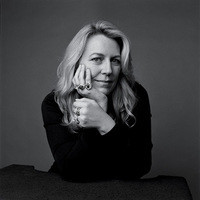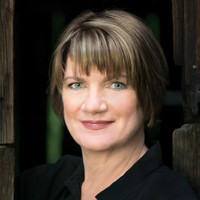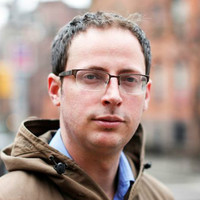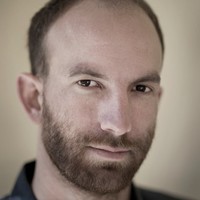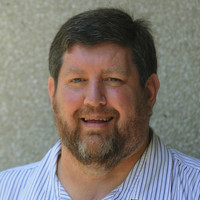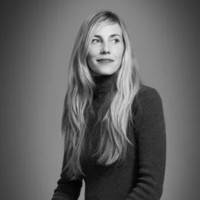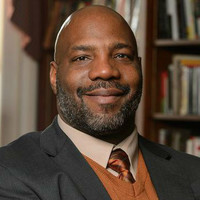Cheryl Strayed is the author of Wild and Tiny Beautiful Things. Her new podcast is Sugar Calling.
“I think that we have this limited idea of what ambition is. All through my twenties, you wouldn’t necessarily have looked at me and been like, ‘she’s ambitious.’ I mean, I was working as a waitress. I was goofing around and doing all kinds of things. But I was always writing. And I was always really sure and clear and serious about my writing. My ambition was this secret thing within me that I dedicated myself to.”
Thanks to Mailchimp and Pitt Writers for sponsoring this week's episode.
